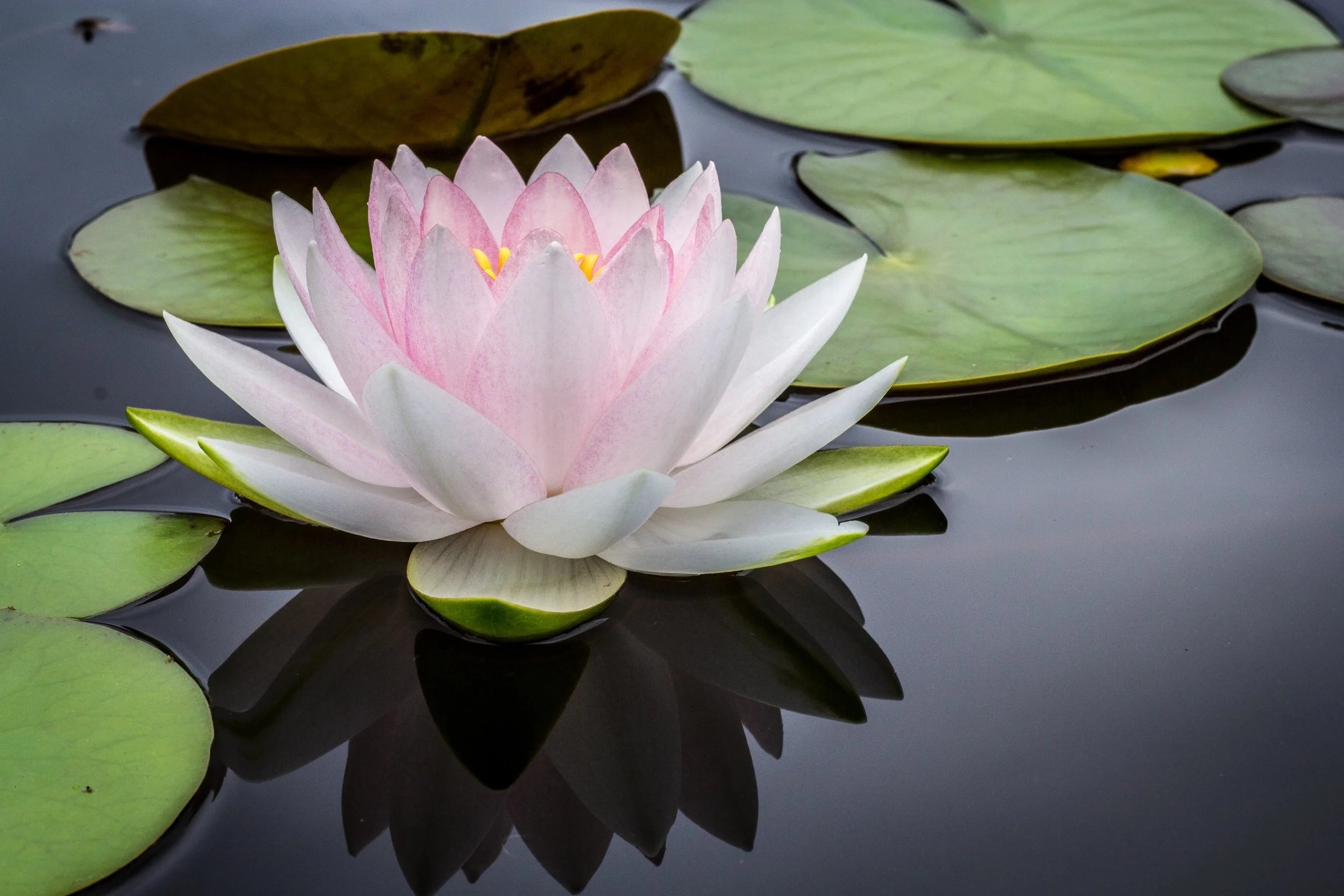Is Grief a Superpower?
Photo by Jay Castor on Unsplash
My youngest brother was born with sickle cell disease. He died in 2019. Less than six months after his death, clinical trials were announced for CRISPR. This year, on December 8, the FDA announced that CRISPR is now approved as a gene therapy cure for sickle cell. I'm thrilled for the hundreds of thousands of people worldwide who suffer from this excruciating disease. And I'm heartbroken because my brother didn't live long enough to be cured.
Last Thursday, a friend sent me Anderson Cooper's “Facing Our Grief” podcast episode. I haven’t gotten past the first ten minutes because I keep pondering the very beginning of the interview:
Anderson Cooper: “When I got back from Israel, I wasn't sure that I should even do this podcast. And I felt like in the face of so much suffering in Israel and in Gaza talking about my grief or any individual person's suffering, I mean, does it matter in the face of the scale of suffering we're seeing?”
Francis Weller: “Well, let's ask the question, what would happen if we don't address our grief, our personal griefs? [That's] the collective trouble we're in right now...if we don't address our grief our hearts close.
What grief work does is it has a way of deepening our capacity to hold sorrow, to hold suffering.... Most of us, because of our traumas and our grief, ...we barely register the sorrows of the world. We barely let them in.”
Francis Weller's words underscore for me why healing personal grief is critical. It's an extension of the “put your oxygen mask on first” concept. In order to find viable, lasting solutions to global crises, we need to also face and heal our own grief.
I've learned over the years that unaddressed grief comes out eventually, no matter how deep we think we've buried it. And buried grief often comes out in the form of violence: internalized (e.g. addictions, emotional detachment, etc.) or externalized (e.g. terror perpetrated against others).
Internalized and externalized violence are the maladaptive coping mechanisms we use to avoid feeling overwhelming emotions and profound grief. It's a survival strategy that benefits no one. And I'm convinced there's a correlation between violence and our collective inability to adequately support people who've experienced loss, especially if that loss is a direct result of violence.
It's no surprise there are increasingly higher levels of addiction. It's well-known that humans can become addicted to almost anything (including work and over-achieving). Addictions help us avoid emotional and physical pain. They also help us ignore our grief.
If we continue to “barely register the sorrows of the world,” then the horrors we're seeing in Gaza, in Israel, and in the over 110 armed conflicts around the world will continue. We need to allow ourselves the space to grieve, so we can in turn, as Francis Heller says, “[deepen] our capacity to hold sorrow, to hold suffering.” And I believe when we can better hold sorrow and suffering, we'll be better able to find long-term solutions to global and local crises which are rooted in violence – violence in all its internalized and externalized forms. Because violence is a symptom, a reaction, to unaddressed needs. We need to do this work. We need to do it in community. And we need to be allowed to grieve. Our collective future depends on it.
If you like what you’ve read and would like to see more, please consider showing your support by buying us some boba tea, some gelato, your favorite dessert..., you get the idea :). Thank you!

